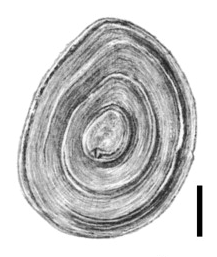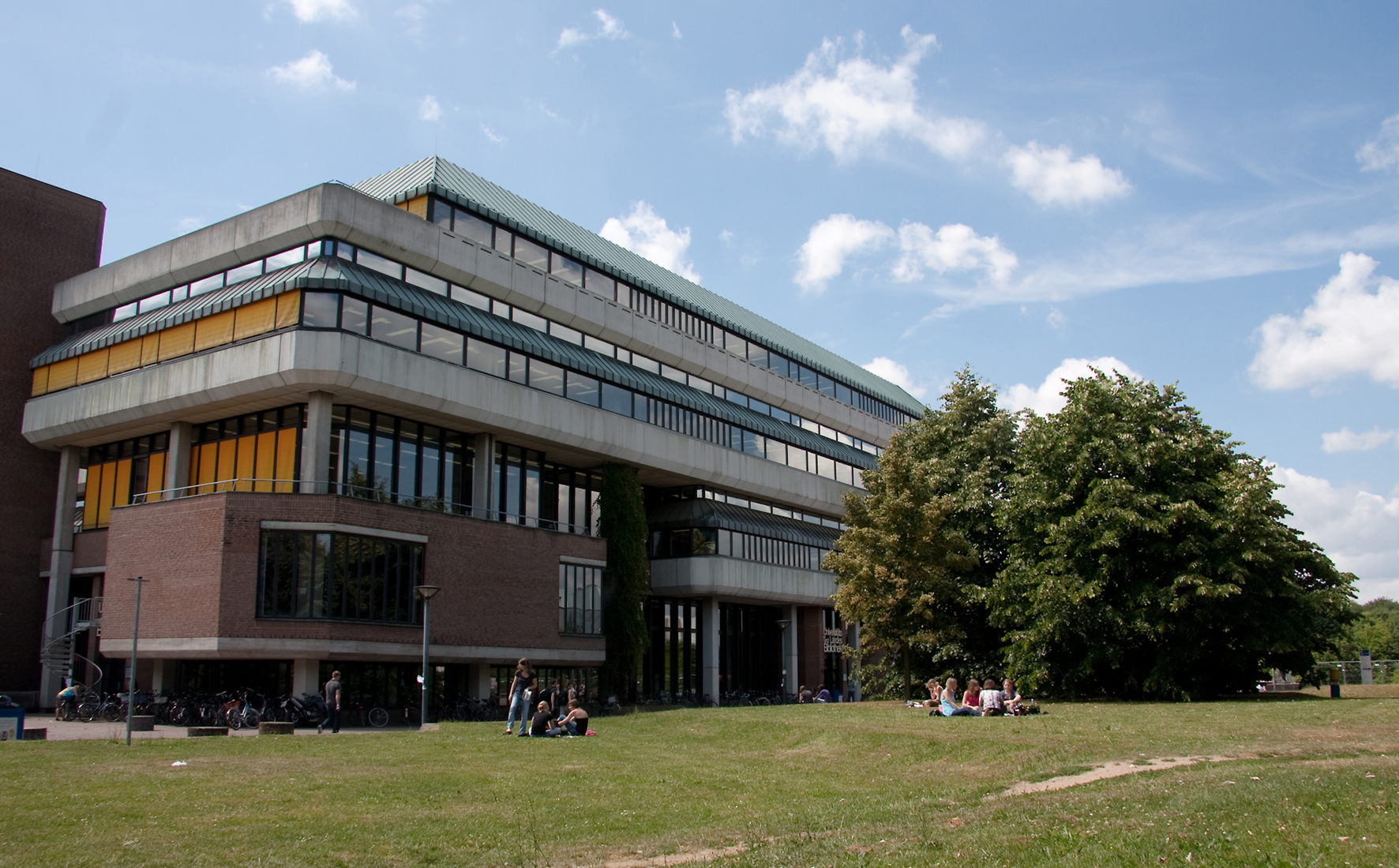|
Franz Hermann Troschel
Franz Hermann Troschel (10 October 1810 – 6 November 1882) was a German zoologist born in Spandau. He studied mathematics and natural history at the University of Berlin, where he was awarded his doctorate in 1834.Beolens, Bo; Watkins, Michael; Grayson, Michael (2011). ''The Eponym Dictionary of Reptiles''. Baltimore: Johns Hopkins University Press. xiii + 296 pp. . ("Troschel", p. 268). From 1840 to 1849 he was an assistant to Martin Lichtenstein at the Natural History Museum of Berlin. In 1849 he became a professor of zoology and natural history at the University of Bonn. In 1851 he became a member of the Academy of Sciences Leopoldina. ''Deutschen Akademie der Naturforscher Leopoldina''. Troschel is remembered for the identification and classification of species in the fields of [...More Info...] [...Related Items...] OR: [Wikipedia] [Google] [Baidu] |
Zoologist
Zoology ()The pronunciation of zoology as is usually regarded as nonstandard, though it is not uncommon. is the branch of biology that studies the animal kingdom, including the structure, embryology, evolution, classification, habits, and distribution of all animals, both living and extinct, and how they interact with their ecosystems. The term is derived from Ancient Greek , ('animal'), and , ('knowledge', 'study'). Although humans have always been interested in the natural history of the animals they saw around them, and made use of this knowledge to domesticate certain species, the formal study of zoology can be said to have originated with Aristotle. He viewed animals as living organisms, studied their structure and development, and considered their adaptations to their surroundings and the function of their parts. The Greek physician Galen studied human anatomy and was one of the greatest surgeons of the ancient world, but after the fall of the Western Roman Empire ... [...More Info...] [...Related Items...] OR: [Wikipedia] [Google] [Baidu] |
Bithynia Transsilvanica
''Bithynia transsilvanica'' is a species of freshwater snail, an aquatic prosobranch gastropod mollusk in the family Bithyniidae.Bouchet, P. (2013). Bithynia transsilvanica Bielz, 1853. In: MolluscaBase (2017). Accessed through: World Register of Marine Species at http://www.marinespecies.org/aphia.php?p=taxdetails&id=717163 on 2017-04-01 Taxonomy It was sometimes considered to be an eastern subspecies of ''Bithynia leachii'', and then it was known as ''Bithynia leachii troschelii''. Specific epithet ''troschelii'' of its synonym is in honor of German zoologist Franz Hermann Troschel. Distribution * Czech Republic - It was thought to be locally extinct in Moravia and was considered as regionally extinct in the Czech Republic (RE). There were rediscovered populations in southern Moravia near Lednice and from Nesyt pond in 2008. It was also discovered in Bohemia as a non-indigenous. Horsák M., Juřičková L., Beran L., Čejka T. & Dvořák L. (2010). "Komentovaný seznam m� ... [...More Info...] [...Related Items...] OR: [Wikipedia] [Google] [Baidu] |
Scientists From Berlin
A scientist is a person who conducts scientific research to advance knowledge in an area of the natural sciences. In classical antiquity, there was no real ancient analog of a modern scientist. Instead, philosophers engaged in the philosophical study of nature called natural philosophy, a precursor of natural science. Though Thales (circa 624-545 BC) was arguably the first scientist for describing how cosmic events may be seen as natural, not necessarily caused by gods,Frank N. Magill''The Ancient World: Dictionary of World Biography'', Volume 1 Routledge, 2003 it was not until the 19th century that the term ''scientist'' came into regular use after it was coined by the theologian, philosopher, and historian of science William Whewell in 1833. In modern times, many scientists have advanced degrees in an area of science and pursue careers in various sectors of the economy such as academia, industry, government, and nonprofit environments.'''' History The ... [...More Info...] [...Related Items...] OR: [Wikipedia] [Google] [Baidu] |
19th-century German Zoologists
The 19th (nineteenth) century began on 1 January 1801 ( MDCCCI), and ended on 31 December 1900 ( MCM). The 19th century was the ninth century of the 2nd millennium. The 19th century was characterized by vast social upheaval. Slavery was abolished in much of Europe and the Americas. The First Industrial Revolution, though it began in the late 18th century, expanding beyond its British homeland for the first time during this century, particularly remaking the economies and societies of the Low Countries, the Rhineland, Northern Italy, and the Northeastern United States. A few decades later, the Second Industrial Revolution led to ever more massive urbanization and much higher levels of productivity, profit, and prosperity, a pattern that continued into the 20th century. The Islamic gunpowder empires fell into decline and European imperialism brought much of South Asia, Southeast Asia, and almost all of Africa under colonial rule. It was also marked by the collapse of the large S ... [...More Info...] [...Related Items...] OR: [Wikipedia] [Google] [Baidu] |
German Malacologists
German(s) may refer to: * Germany (of or related to) **Germania (historical use) * Germans, citizens of Germany, people of German ancestry, or native speakers of the German language ** For citizens of Germany, see also German nationality law **Germanic peoples (Roman times) * German language **any of the Germanic languages * German cuisine, traditional foods of Germany People * German (given name) * German (surname) * Germán, a Spanish name Places * German (parish), Isle of Man * German, Albania, or Gërmej * German, Bulgaria * German, Iran * German, North Macedonia * German, New York, U.S. * Agios Germanos, Greece Other uses * German (mythology), a South Slavic mythological being * Germans (band), a Canadian rock band * "German" (song), a 2019 song by No Money Enterprise * ''The German'', a 2008 short film * "The Germans", an episode of ''Fawlty Towers'' * ''The German'', a nickname for Congolese rebel André Kisase Ngandu See also * Germanic (other) ... [...More Info...] [...Related Items...] OR: [Wikipedia] [Google] [Baidu] |
1882 Deaths
Year 188 (CLXXXVIII) was a leap year starting on Monday of the Julian calendar. At the time, it was known in the Roman Empire as the Year of the Consulship of Fuscianus and Silanus (or, less frequently, year 941 ''Ab urbe condita''). The denomination 188 for this year has been used since the early medieval period, when the Anno Domini calendar era became the prevalent method in Europe for naming years. Events By place Roman Empire * Publius Helvius Pertinax becomes pro-consul of Africa from 188 to 189. Japan * Queen Himiko (or Shingi Waō) begins her reign in Japan (until 248). Births * April 4 – Caracalla (or Antoninus), Roman emperor (d. 217) * Lu Ji (or Gongji), Chinese official and politician (d. 219) * Sun Shao, Chinese general of the Eastern Wu state (d. 241) Deaths * March 17 – Julian, pope and patriarch of Alexandria * Fa Zhen (or Gaoqing), Chinese scholar (b. AD 100) * Lucius Antistius Burrus, Roman politician (executed) * Ma ... [...More Info...] [...Related Items...] OR: [Wikipedia] [Google] [Baidu] |
1810 Births
Year 181 ( CLXXXI) was a common year starting on Sunday (link will display the full calendar) of the Julian calendar. At the time, it was known as the Year of the Consulship of Aurelius and Burrus (or, less frequently, year 934 ''Ab urbe condita''). The denomination 181 for this year has been used since the early medieval period, when the Anno Domini calendar era became the prevalent method in Europe for naming years. Events By place Roman Empire * Imperator Lucius Aurelius Commodus and Lucius Antistius Burrus become Roman Consuls. * The Antonine Wall is overrun by the Picts in Britannia (approximate date). Oceania * The volcano associated with Lake Taupō in New Zealand erupts, one of the largest on Earth in the last 5,000 years. The effects of this eruption are seen as far away as Rome and China. Births * April 2 – Xian of Han, Chinese emperor (d. 234) * Zhuge Liang, Chinese chancellor and regent (d. 234) Deaths * Aelius Aristides, Greek orator and ... [...More Info...] [...Related Items...] OR: [Wikipedia] [Google] [Baidu] |
German Wikipedia
The German Wikipedia (german: Deutschsprachige Wikipedia) is the German-language edition of Wikipedia, a free and publicly editable online encyclopedia. Founded on March 16, 2001, it is the second-oldest Wikipedia (after the English Wikipedia), and with articles, at present () the -largest edition of Wikipedia by number of articles, behind English Wikipedia and the mostly bot-generated Cebuano Wikipedia.ikipedia-l">Jimmy Wales [Wikipedia-l/nowiki>Alternative language Wikipedias, 16 March 2001List of Wikipedias/Table meta.wikimedia.org, Statistics It has the second-largest number of edits behind the English Wikipedia and over 260,000 disambiguation pages. On November 7, 2011, it became the second edition of Wikipedia, after the English edition, to exceed 100 million page edits. The German Wikipedia ... [...More Info...] [...Related Items...] OR: [Wikipedia] [Google] [Baidu] |
:Category:Taxa Named By Franz Hermann Troschel ...
Franz Hermann Troschel (10 October 1810 – 6 November 1882) was a German zoologist. Troschel Franz Hermann Troschel (10 October 1810 – 6 November 1882) was a German zoologist born in Spandau. He studied mathematics and natural history at the University of Berlin, where he was awarded his doctorate in 1834.Beolens, Bo; Watkins, Michael; ... [...More Info...] [...Related Items...] OR: [Wikipedia] [Google] [Baidu] |
Johannes Thiele (zoologist)
Karl Hermann Johannes Thiele (1 October 1860 – 5 August 1935) was a German zoologist specialized in malacology. Thiele was born in Goldap, East Prussia. His ''Handbuch der systematischen Weichtierkunde'' ( English edition published by the Smithsonian under the title ''Handbook of Systematic Malacology'') is a standard work. From 1904 until his retirement in 1925 he was the curator of the malacological collection at the Museum für Naturkunde (Museum of Natural History) in Berlin. Thiele described more than 1.500 new species of molluscs; until today their types are deposited with the Museum of Natural History in Berlin. Especially important are his works on the Mollusca of the First German Antarctica Expedition and of the German Deep Sea Expedition aboard the vessel Valdivia. Thiele's classification of Gastropoda has been in use up to the past decade. It modified an earlier concept of Henri Milne-Edwards (1848) with three subclasses: Prosobranchia, Opisthobranchia and Pulmon ... [...More Info...] [...Related Items...] OR: [Wikipedia] [Google] [Baidu] |
University And State Library Düsseldorf
The University and State Library Düsseldorf (german: Universitäts- und Landesbibliothek Düsseldorf, abbreviated ULB Düsseldorf) is a central service institution of Heinrich Heine University. Along with Bonn and Münster, it is also one of the three State Libraries of North Rhine-Westphalia. Tradition and Modernity From 1965 to 1969, the University and Library Düsseldorf gradually developed out of the Medical Academy in Düsseldorf. There is no real founding year of the ULB, but the foundation stone for an integrated library system was laid when the former State and City Library of Düsseldorf was taken over by the university in 1970 and merged with the Central Library of the former Medical Academy. Structure and Holdings The ULB consists of one central library and four decentralized locations. Management and media processing are organized centrally. Catalogues, databases, e-books and e-journals are accessible throughout the whole university as well as at home via the li ... [...More Info...] [...Related Items...] OR: [Wikipedia] [Google] [Baidu] |






